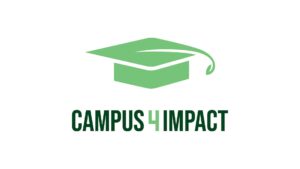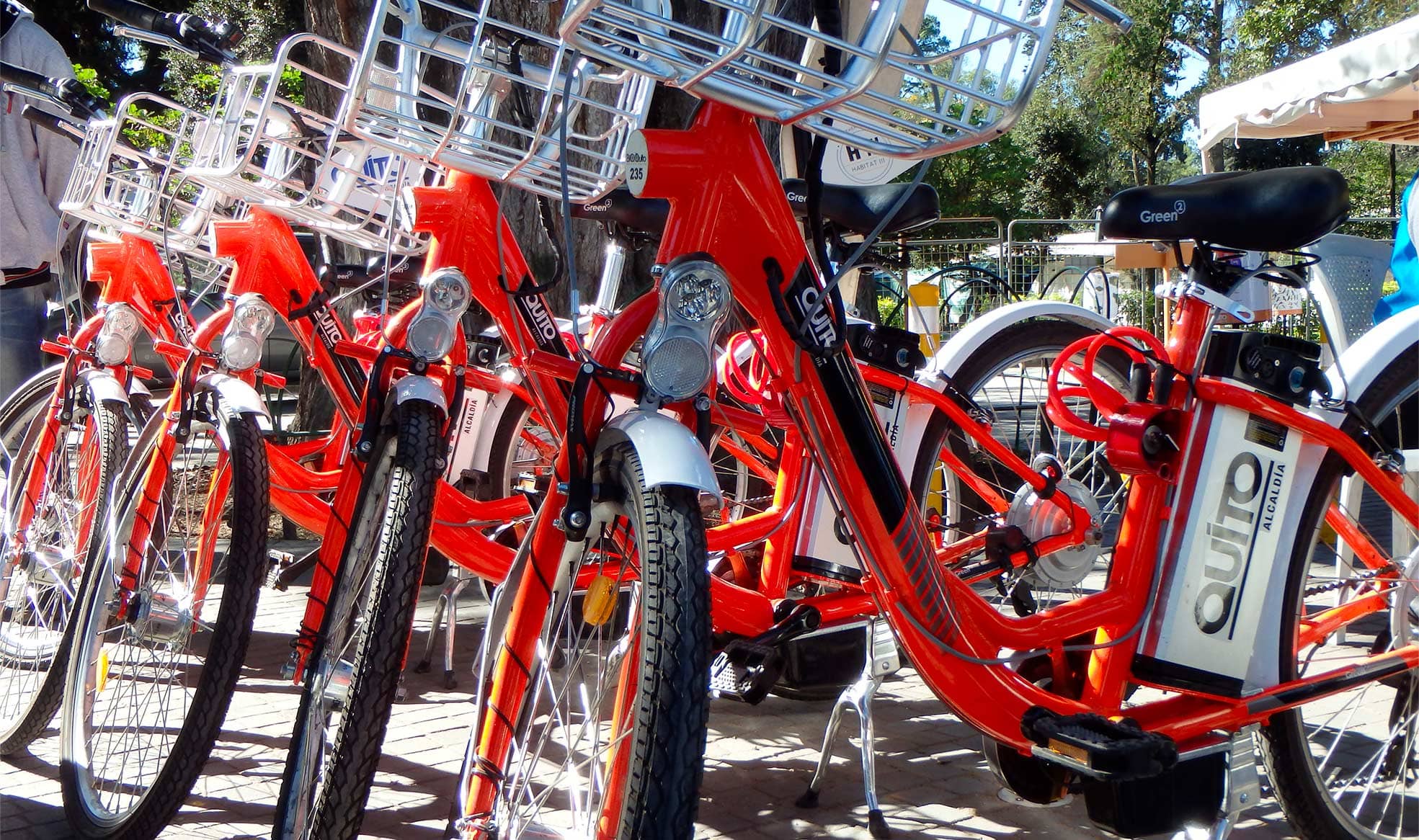CAMPUS 4 IMPACT
Knowledge that Changes the World
CAMPUS 4 IMPACT® is ENERGIES 2050’s Academy of Knowledge and Transition.
It gives everyone: citizens, professionals, local actors, decision-makers, and businesses, the understanding and tools to act, inspire, and accelerate the transition in the face of climate, environmental, and societal challenges.
From hands-on field training to online modules, from peer-to-peer exchange to the creation of multilingual guides, each program combines expertise, pedagogy, and action to turn knowledge into concrete levers for change, everywhere in the world.
Learning as a Driver of Change.
CAMPUS 4 IMPACT is a space for training, exchange, and co-construction to build solutions adapted to the realities of each territory.
Its multi-format approaches: in-person, online, and tailor-made; and resources tailored to each audience and accessible to all, transform the complexity of climate issues into tangible levers for action.
Our impact
-
+ 275K
Changemakers trained -
+ 150
In-person trainings delivered -
+ 250
Online
trainings -
+ 85
Tailor-made trainings -
+ 25
Complete curricula available -
+ 50
Nationalities
reached
From Knowledge to Impact
CAMPUS 4 IMPACT stands out for its ability to turn knowledge into concrete action, tailored to on-the-ground realities.
More than just a training center, it is a catalyst for skills, cooperation, and engagement.
Its programs are open to everyone (citizens, professionals, public and private actors, decision-makers) and combine technical expertise, active pedagogy, and cultural adaptation to maximize impact. Whether in-person, online, or tailor-made, each format is designed to be accessible, practical, and immediately applicable.
Examples of themes covered:
– International framework & strategy: Sustainable Development Goals (SDGs), international climate negotiations.
– Transition & climate: decarbonization, adaptation & resilience, climate and sustainable finance, gender equality, climate justice, just transition.
– Energy & territories: renewable energy & fossil fuel phase-out, urban and territorial planning, buildings & the built environment.
– Culture & change: links between art, culture, and transition.
By bringing together experts, learners, and communities, CAMPUS 4 IMPACT builds a collective dynamic that turns understanding into engagement, and engagement into lasting results.



Genesis of the Initiative
CAMPUS 4 IMPACT was launched in 2012, at a time when global environmental awareness was growing, yet the concrete means to turn that awareness into action were still lacking.
From the outset, the ambition was clear: to create a space capable of training, equipping, and connecting change-makers, from engaged citizens to public and private decision-makers, so that everyone would have both the understanding and the tools needed to act effectively within their own realities.
The founding idea was based on a double observation: first, that the climate emergency and the increasing complexity of environmental challenges require cross-cutting skills and a systemic approach; second, that this knowledge must be accessible to all, regardless of starting level, spoken language, or cultural context.
CAMPUS 4 IMPACT was therefore conceived as a capacity-building accelerator, combining technical expertise, active pedagogy, local anchoring, and international openness. From its very first training programmes, the initiative laid the foundations for a global learning community, where experiences and solutions are shared and replicated, strengthening a just transition in every territory where ENERGIES 2050 operates.

The Challenges
Removing obstacles to unlock action
Despite growing awareness of climate issues, many barriers still slow down the move from intention to action. CAMPUS 4 IMPACT addresses these challenges to turn the will to act into tangible results.
Lack of tools and understanding
Without appropriate knowledge and clear methods, it’s hard to move from intention to action. Many people feel overwhelmed by the complexity of the issues, which can lead to paralysis or eco‑anxiety. CAMPUS 4 IMPACT restores agency by providing tools, skills, and tailored support.
Overly technical and exclusionary language
Specialized jargon and highly technical debates too often leave much of the public behind. The Academy makes knowledge accessible, understandable, and inspiring, adapting content to local cultures and realities.
Absence of concrete and applicable solutions
Recommendations are too often theoretical or disconnected from daily life. CAMPUS 4 IMPACT prioritizes practical, field‑anchored training that enables participants to apply what they learn immediately.
The need to build a collective sense
The transition cannot rest on isolated individuals. The Academy fosters collaborative learning and the building of communities of engaged actors who can support one another and act together over time.
From Knowledge to Action
-
Navigating Complexity Through a Systemic Approach: The Academy adopts a systemic approach to help learners understand and decode the interconnections between climate, society, economy, culture, and governance. This global vision makes it possible to identify concrete and integrated solutions for a just and sustainable transition.
-
Adapting and Anchoring Learning in Local Realities: Each training is contextualized according to the cultural, economic, and environmental specificities of the territories. This adaptation ensures that the content is relevant and directly implementable on the ground. Participants can immediately apply the knowledge acquired, ensuring an effective and locally adapted ecological transition.
-
Turning Theory into Action: Programs prioritize practical approaches, with exercises, case studies, and directly usable tools. The goal is to transform acquired knowledge into concrete and measurable actions.
-
Building an International Community of Committed Actors: Learning is collaborative and encourages peer-to-peer exchange. Participants join an international network of changemakers, able to share experiences, support one another, and amplify their collective impact.
-
Inspiring Lasting Commitment: Beyond skill-building, CAMPUS 4 IMPACT creates spaces for connection, exchange, and mutual support, ensuring that the momentum for change is sustained over time.
Downloads

Training That Adapts to You
Discover our catalogue: a carefully curated selection of flagship modules designed to deliver maximum impact. Because every need is unique, we also create 100% tailor-made trainings, available anywhere in the world. Together, let’s build your personalised learning journey today!
Join Our Network of Partners
-
Since its creation, CAMPUS 4 IMPACT has collaborated with universities, schools, training centers, public institutions, international organizations, NGOs, and local actors in France and around the world.
-
These partnerships have made it possible to design and deliver innovative training programs, rooted in local realities, inclusive, and accessible to all.
-
Do you share our values and want to help train the changemakers of tomorrow?
-
Let’s partner and build together the skills that can transform the world.
support us
ENERGIES 2050, independent and without operating subsidies, relies on the generosity of donors like you to sustain and expand its actions. Support our work with a donation or explore other ways to contribute.

